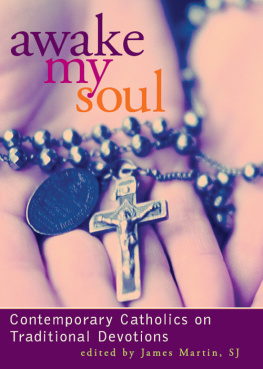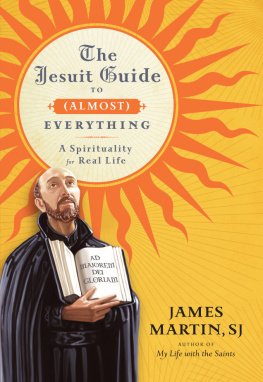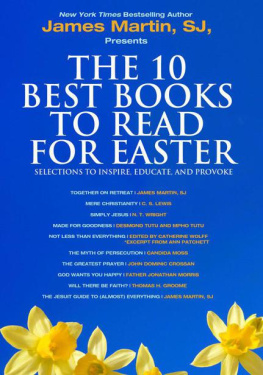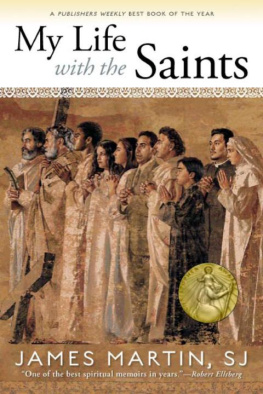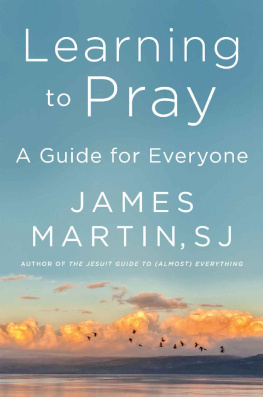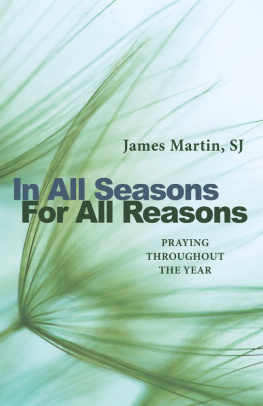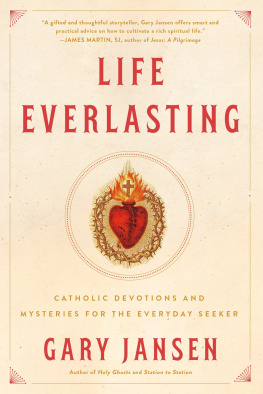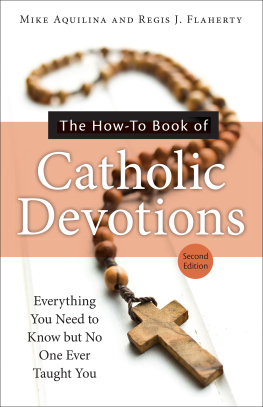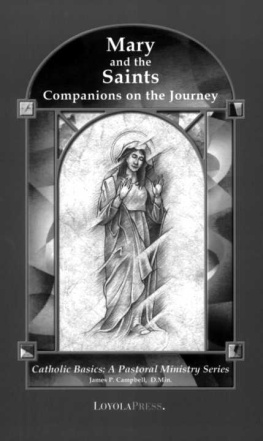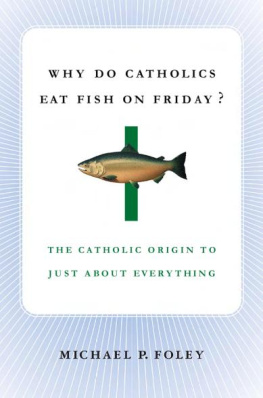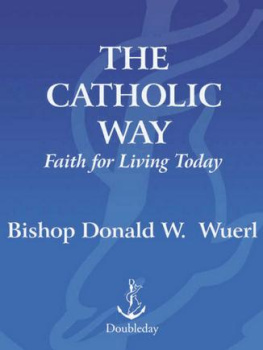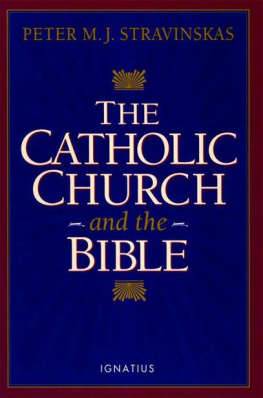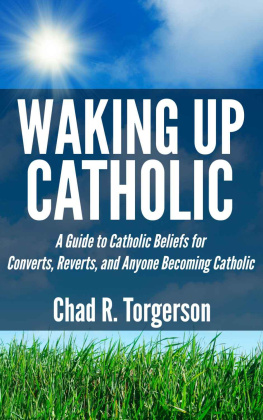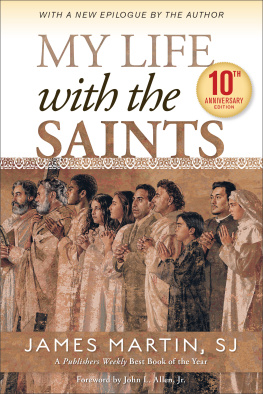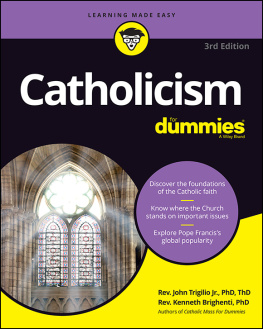A surprising number of recent books and studies have suggested that young American Catholics are more likely than their immediate elders to gravitate toward traditional devotions. The reasons seem varied. Some surmise that younger Catholics, having grown up without being forced to participate in devotions, have no built-in reactions against them. Freer to embrace or ignore devotions, many choose to embrace them. Others see in this phenomenon a turn toward conservatism among younger Catholics. Still others posit that the characteristics of the devotional lifetactile, colorful, often exoticexert a particular influence on young Catholics seeking a greater sense of mystery in their lives.
For some older Catholics, the devotional life has never lost its appeal. Many fondly remember reciting the Rosary with parents, attending novena services (and singing special novena hymns) at their home parish, or receiving their first Miraculous Medal or scapular from a favorite aunt or uncle. Devotions can represent a powerful affective link to the Catholicism of ones youth while continuing to nourish ones faith as an adult.
But for other Catholics the topic of devotions can provoke decidedly uncomfortable reactions. Though expressions of popular piety have long been a part of Catholicism, some see devotions as inconsistent with a mature faith, antithetical to a contemporary understanding of religion, overly reliant on thingsbeads, medals, scapularsand even faintly superstitious. For some, devotions are to be avoided, not embraced.
This wide variety of reactions raises some important questions: What do traditional devotions have to say to contemporary Catholics? How might a devotion that has seen its popularity wax and wane (and now wax again) speak to Catholics unfamiliar with its appeal? Can devotions that sometimes carry heavy theological and cultural baggage find a place in the postVatican II church? In short, what might devotions mean today?
To begin to explore these questions, I asked a number of Catholics, some in their thirties and forties, to address this issue in a series originally published, in a much abbreviated form, in America magazine. Each contributor was asked to write about a devotion that has proved especially meaningful in his or her life as a Catholic. Each was also asked to provide a brief historical sketch and to discuss what the devotion might mean to other Catholics in current times.
As many of our essayists note, the theological question of the role of devotions in todays church is a complex one. For while devotions have historically played an important role in Catholic spirituality, they need always be seen as flowing from (and leading back to) the liturgythe central form of worship in the church. The Second Vatican Council wrote that while devotions should be warmly commended and possess a special dignity, they nevertheless remain subordinate to the Mass, which by its very nature far surpasses any of them. Theologians and liturgical scholars have therefore rightly cautioned against devotions usurping the place of the liturgy in the life of the faithful.
Indeed, in the past, excesses in popular piety may have led some Catholics to focus their spiritual lives on a particular devotion rather than on participation in the Eucharistfor example, if the celebration of the Mass at their local parish was not to their liking. (Why should I go to Mass? I have my Rosary.) Today, however, the tendency may be the opposite: to dismiss devotions as if they had no meaning or relevance whatsoever.
Both reactions go against the grain of our Catholic heritage. A comprehensive guide published by the Vatican in 2001 noted that the Liturgy and popular piety are two forms of worship which are in mutual and fruitful relationship with each other.
This little book tries to highlight that useful contribution. In the next few pages our essayists offer their reflections on the Sacred Heart of Jesus, adoration of the Blessed Sacrament, pilgrimages, the saints, the Angelus, litanies, the Miraculous Medal, novenas, the Rosary, holy water, Our Lady of Guadalupe, First Fridays, lectio divina, the Immaculate Heart, relics, the Liturgy of the Hours, Mary, Joseph, and the stations of the cross.
Obviously, this loose list of devotions is not meant to be exhaustive. In fact, the very concept of devotions often seems difficult to define adequately or even describe with precision. The Encyclopedia of Catholicism, for example, defines devotions as follows: Nonliturgical prayer forms that promote affective (and sometimes individualistic) attitudes of faith. They may also suggest a more effective response to personal religious needs than liturgical prayer.
But for those unfamiliar with devotions such definitions, while certainly accurate, may raise as many questions as they answer. The first definition implies that any religious practice outside the liturgy is a devotion. The second suggests that while the devotional life evokes feelings, the liturgical life does not. Complicating matters somewhat, the Vatican document defines devotions as various external practices (e.g., prayers, hymns, observances attached to particular times or places, insignia, medals, habits or customs) but at the same time distinguishes them from pious exercises, popular piety, and popular religiosity.
The difficulty in providing a concise definition of devotions reflects the fact that the devotional life encompasses an astonishingly wide variety of practices and traditions. As a result, its often difficult to agree on what, precisely, constitutes a devotion. When some of these essays originally ran in

